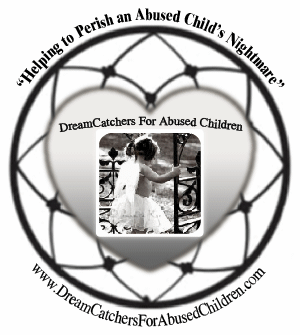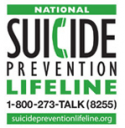Child Sexual Abuse Signs
https://www.petwantsclt.com/petwants-charlotte-ingredients/ CHILD SEXUAL ABUSE SIGNS–
Physical signs:
physical trauma such as redness, rashes, and/or bleeding to oral, genital and/or anal areas
bruises on breasts, buttocks, lower abdomen, thighs, genital and/or rectal areas
complaints of pain or itching in genital or anal areas
difficulty walking or sitting
unusual or offensive body odors
difficulty in bladder or bowel control
constipation
pain or discomfort on urination
blood in urine
abnormal dilation of vaginal or rectal openings
foreign bodies in vaginal, rectal or urethral openings
sexually transmitted diseases found vaginally, rectally or orally
yeast or bacterial infections
frequent sore throats; difficulty swallowing; choking
ear infections/problems (see Ear infections as a sign of sexual abuse? at Ask Darlene on this site for the reason why this can be a sign)
sudden weight gain or extreme weight loss
severe psychosomatic complaints such as stomachaches and headaches
Order Tramadol Cod Overnight Delivery BEHAVIORAL SIGNS–
sexual behavior that is inappropriate for the child’s age
promiscuous behavior
https://drcarlosarzabe.com/dr-carlos-arzabe/ Here are just a few points/notes about child sexual abusers that more people need to know.
– If you are a victim and they stop abusing you, don’t think it’s over. They’ll find someone else. They don’t stop until they are stopped.
– Child sexual abusers don’t just become one overnight. They start with thoughts and desires that one day they decide to act out. In many cases, they don’t even know why they are having the kind of thoughts they have, but over time, the thoughts grow stronger until they become desires, then one day become actions.
– Many of these abusers don’t want to be who they are, and sometimes don’t even know why they are the way they are. It’s a mental illness they have no control over. They need help to be normal, or at least be as normal as possible.
– Most child sexual abusers actually want help in the early stages, but then as time goes on and they progress further, they become harder and harder to help, and have less and less desire to be helped.
– If any adult seems to be spending excess time with kids, or seems to be too affectionate, you need to keep a close watch. It may not be something to worry about, but it could be, now or in the future.
– Abusers tend to start with a sexual interest in the children they know. Sometimes they end up abusing those children. Other times they go out and find other children.
Child sexual abusers can be helped in the early stages, so if someone you love is abusing you, report them to get them the help they need. The sooner you report them, the better their chances of being helped.
WHY CHILDREN DO NOT TELL:
Sexual abuse is shrouded in secrecy.
Child and adolescent sexual abuse victims are encouraged to keep the abuse secret because:
Children fear reprisals from the offender.
Offenders tell the child that no one will believe them; and that even if someone does believe, the child will be blamed for the abuse.
Offenders openly threaten the safety of the child and/or members of the child’s family.
Offenders tell the child the perpetrator will get into trouble if anyone discloses the sexual abuse. This is particularly fearsome for the child when the perpetrator is a family member, because the child fears abandonment.
Offenders promise gifts and rewards and offer bribes for the child to keep the secret. With young children, this can be candy, toys, trips to McDonald’s. With youth, it can be videos, DVDs, rides in a car, sports tickets, sports equipment, clothes, makeup, jewellery, money, anything that is valued by the youth.
https://www.merlinsilk.com/neologism/ FOR MORE INFORMATION, PLEASE VISIT:
Sexual child abuse
Prevent Child Sexual Abuse: Facts About Those Who Might Commit It (PDF) – Offers warning signs of sexual abuse in children and in their adult abusers, along with tips on how to prevent and stop it. (Stop It Now!)
Understanding Child Sexual Abuse – A clear, objective explanation of the effects of child sexual abuse, the chances of recovery, and strategies for prevention. (American Psychological Association)
Sexual Abuse – Good brief description of what constitutes child sexual abuse, how to spot it, and what to do if your child tells you about it. (American Academy of Pediatrics)
A Parent’s Guide to Internet Safety – Scroll down to the subhead “What Are Signs That Your Child Might Be At Risk On-line?” for ways to recognize possible child abuse, particularly sexual abuse, on the Internet and what to do to prevent and resolve it. (Federal Bureau of Investigation)































![Validate my RSS feed [Valid RSS]](http://dreamcatchersforabusedchildren.com/wp-content/uploads/2009/10/valid-rss.png)












